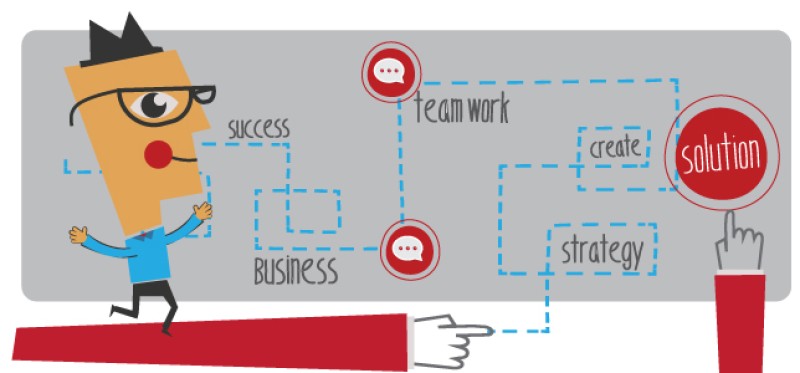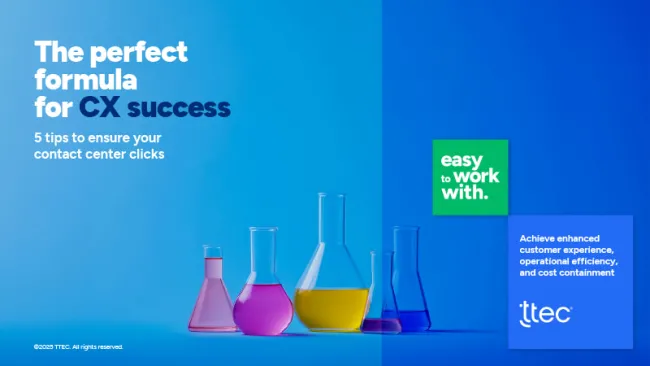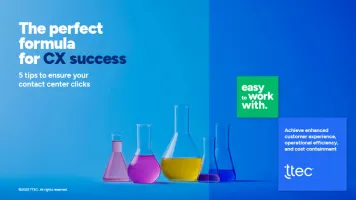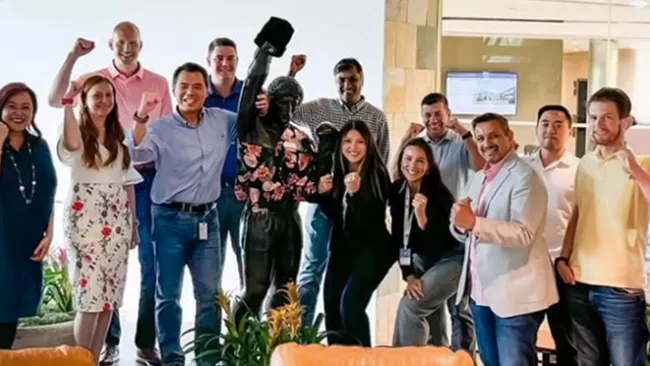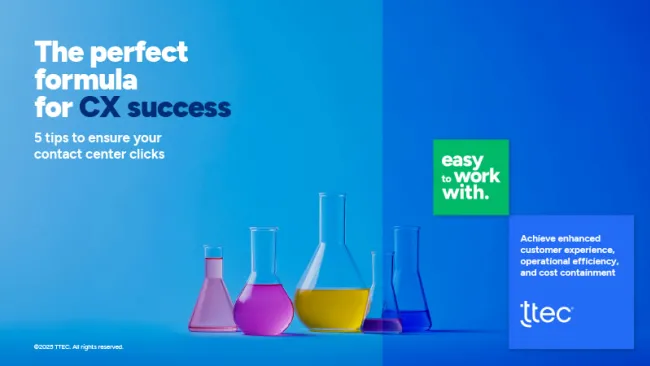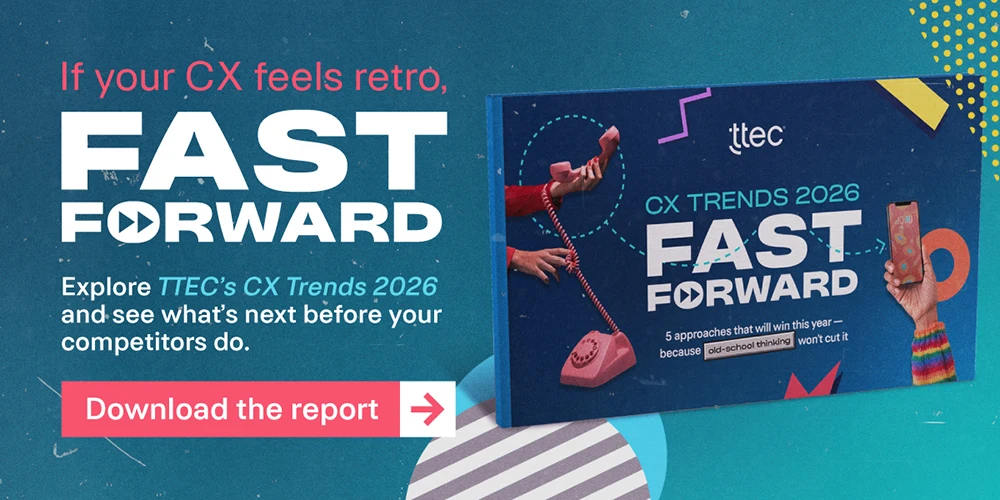In the eyes of consumers, every call qualifies as complex—that’s the underlying reason for their query, after all. Each problem they encounter sparks confusion and frustration. To avoid such negative sentiment, contact center associates must act as mediators in an effort to pinpoint customers’ issues and rectify problems quickly and efficiently. But, with consumer expectations growing exponentially each year, the need for personalized, targeted customer service can often prove troublesome.
The reason for the challenge is that many contact centers associates still rely upon scripts to guide their interactions. However, as this focus on individualized care evolves from luxury to necessity, companies can no longer put just anyone in those contact center seats. Ultimately, customer service success starts with strategy. Leaders must hire people who demonstrate the ability to cultivate relationships and solve problems; they need people whose natural instincts will drive bottom-line results further than scripts or employee training ever could.
Once companies have acquired the proper talent, they must introduce the tools necessary for experiential learning. Simulation technology enables associates to learn relevant skills and apply them directly to practice scenarios that foster hands-on learning and expertise. These types of systems present associates with incremental lessons; encouraging them to put their newfound knowledge to use slowly at first, and allowing them to test basic skills so they may build upon their abilities with each given lesson. Simulated calls typically focus on the skill learned that day, empowering associates to apply that skill to mock queries. Eventually, lessons will stack up until associates are in the position to tackle live customer calls. These training methods also offer associates the chance to hone their innate interpersonal skills, which will become essential down the road.
Yet, while technology clearly facilitates critical learning, the foundational lessons are what truly make these innovations effective enterprisewide. Complex customer calls rarely rely upon technology alone. Instead, such queries rely upon relationships. Contact center associates must not only have the ability to dive deep to discover the root of the problem, but they must also be capable of cultivating the rapport necessary to create pleasant experiences and smooth solutions. Associates must be able to move beyond the basic data presented via dashboards, as not all the important answers are mere clicks away.
For instance, if a customer calls his Internet provider claiming his router broke, associates must know to probe even further. Scripted associates may trust the customer, no questions asked, while those who’ve been trained to tap their inquisitive nature will instinctively ask the customer to highlight what led him to believe the device had malfunctioned. Ill-informed associates often fail to develop rapport or ask definitive questions because, in an effort to navigate the company system, they often forget to be human. Educated contact center associates, however, ask questions and troubleshoot with persistence in order to validate the issue before pursuing the solution. Such tactics not only get to the root of the given problem quicker, but they also result in happier, more satisfied customers overall.
Despite the fascination with technology, true customer service success ultimately requires the right talent above all else. Technology has the power to guide understanding and enhance expertise, but no program can cultivate the sort of personality and initiative it takes to garner satisfaction and loyalty.
Also, check out the most recent issue of our e-newsletter.
Related Content:
Blog: Rules of Employee Engagement
Case Study: Social Learning Technology Drives Faster Results
White Paper: An Expert Workforce Breeds Best-in-Class Service
Simulated Learning Empowers Associates to Solve Complex Customer Calls
